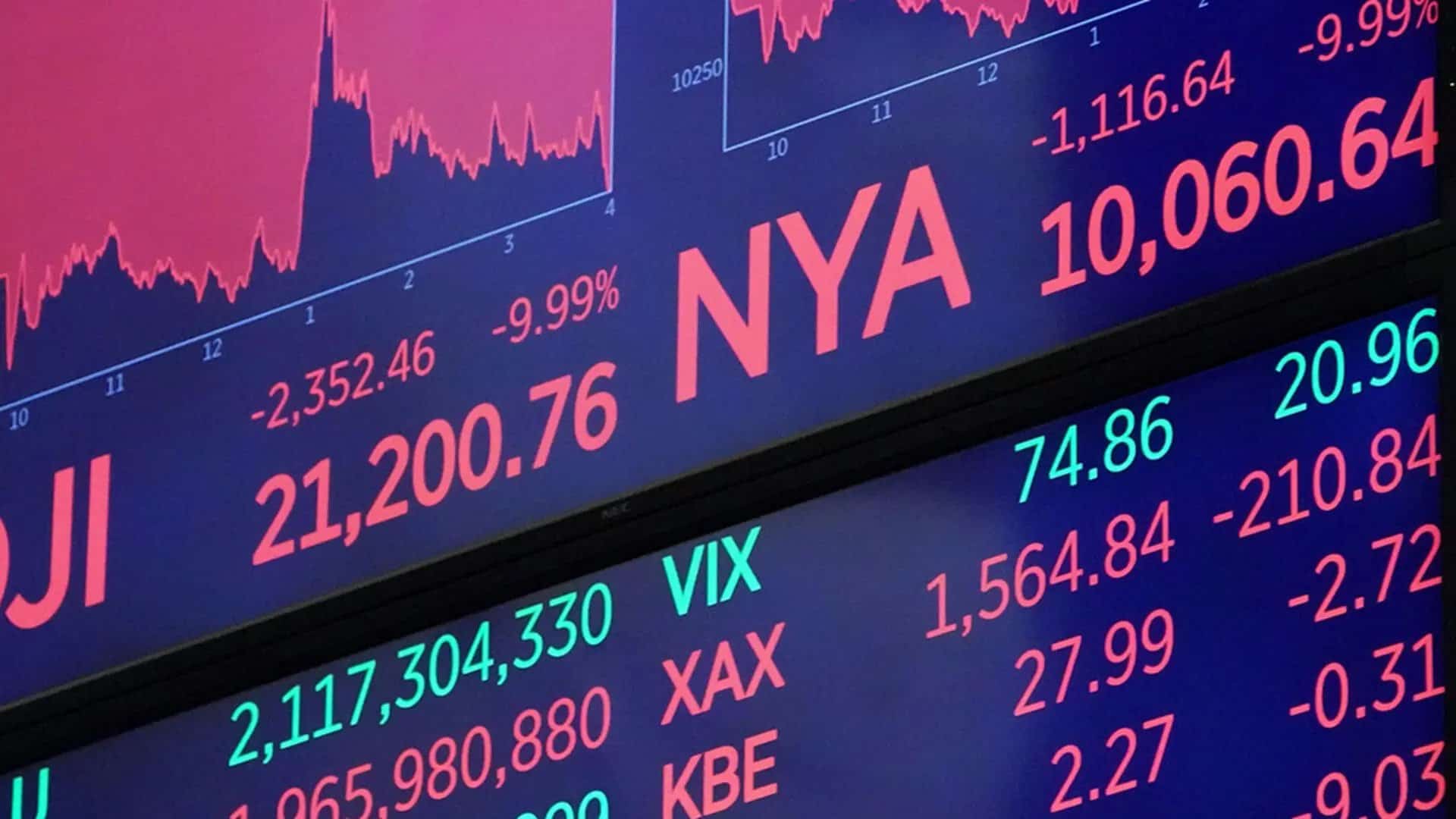European equities sank Thursday at the open after the Federal Reserve signalled it was ready to hike interest rates sooner than expected to combat elevated inflation, sparking a global selloff.
London’s benchmark FTSE 100 index slid 1.0 percent to 7,445.04 points, after heavy losses earlier in Asia and overnight on Wall Street.
In the eurozone, Frankfurt’s DAX index also shed 1.0 percent to 16,111.16 points and the Paris CAC 40 lost 1.3 percent to 7,283.62.
“The selloff for the European markets continues as every single sector is in red,” AvaTrade analyst Naeem Aslam told AFP.
“Everyone is concerned about the Fed’s fast and furious monetary policy stance.”
The Fed signalled a more aggressive rate-tightening path than previously flagged, with officials arguing “it may become warranted to increase the federal funds rate sooner or at a faster pace than participants had earlier anticipated.”
The much-anticipated release of minutes from the US central bank’s December policy meeting showed that while officials were concerned about the fast-spreading Omicron coronavirus variant, they were also confident the world’s top economy was in good shape and able to absorb high borrowing costs.
“Last night’s Fed fallout continues to reverberate,” added CMC Markets analyst Michael Hewson.
“What appears to have spooked markets is talk about balance sheet reduction, and it is this that has prompted a quite a bit of anxiety with some (Fed officials) talking about the probability of when it might be appropriate to reduce the size of the balance sheet, thus pulling liquidity out of the market.
“This appears to have caught markets off guard, prompting concerns over tighter liquidity conditions,” cautioned Hewson.

